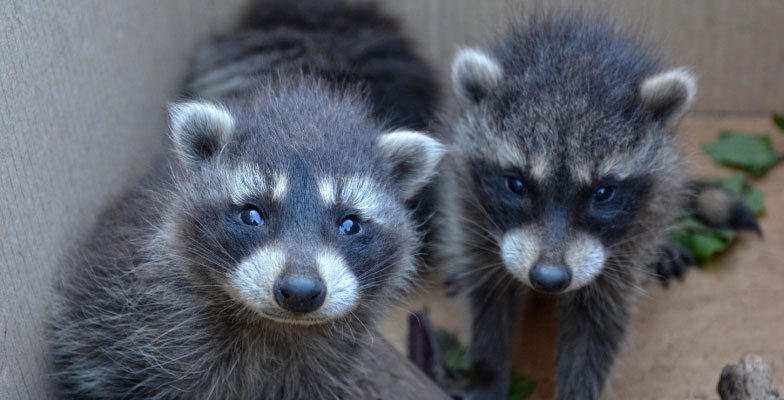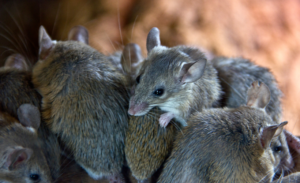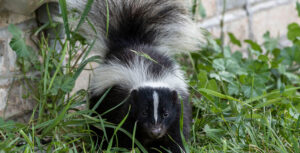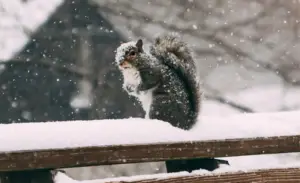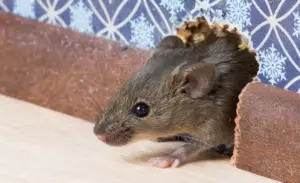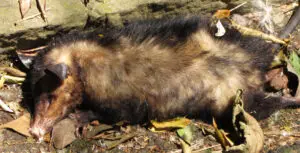Raccoons are not picky about what they eat, habitats or even the presence of humans for that matter. These animals are opportunistic by nature and are happy to live in any area that serves their needs.
Raccoons have adapted to living with humans by taking up residence in commercial buildings, sheds, homes and garages. This can be problematic as they can cause structural damage and begin nesting during the winter to have babies crawling around in the spring.
Once you get raccoons in your house, you have just one priority: You need to get those raccoons out of your attic immediately! There is no time to waste. The longer they stay the more cost in repairs and
Below are a few scenarios to get rid of raccoons from your home.
1. Check Property For Raccoon Food Sources
Is there a consistent source of food for the raccoons to get to? Look around the area of your garbage cans, composts, garden and bird feeders. These are areas around your home that will attract raccoons to your yard and take occupancy in your home.
2. Seal Up Entry Points
Look for around the outside of your home. Do you see any raccoons crawling towards a specific area? Chimneys are a favourite for raccoons but will find other ways to get in. Sealing off potential entry points, before the raccoons discover them are the best ways to keep raccoons away. Close off and support open spaces beneath structures such as porches, sheds and decks.
3. Trapping
Trapping raccoons can be very dangerous for someone who’s inexperienced. Raccoons are known to carry a wide range of diseases, not only do you risk exposing yourself but if by some miracle you manage to trap a raccoon and release it somewhere else without being exposed, you risk exposing a whole new environment to any potential diseases it may be carrying. It’s probably best to leave trapping to the professionals and contact your Pro Trap Raccoon Removal Specialist.
4. Removal
Removing the nest. This, again, is very dangerous. While removing the nest with raccoon babies can make mama raccoon very angry. Be prepared to be attacked or wait to see if the parent raccoons will leave the nest for food and attempt to remove the raccoon nest carefully. It’s, again, probably best to leave trapping to the professionals and contact your Pro Trap Raccoon Removal Specialist.
If you discover any of these signs and suspect any wildlife intrusion contact your Pro Trap team to safely remove the nests and areas damaged by the animal. We will also repair the points of entry to prevent them from coming back into your home.
